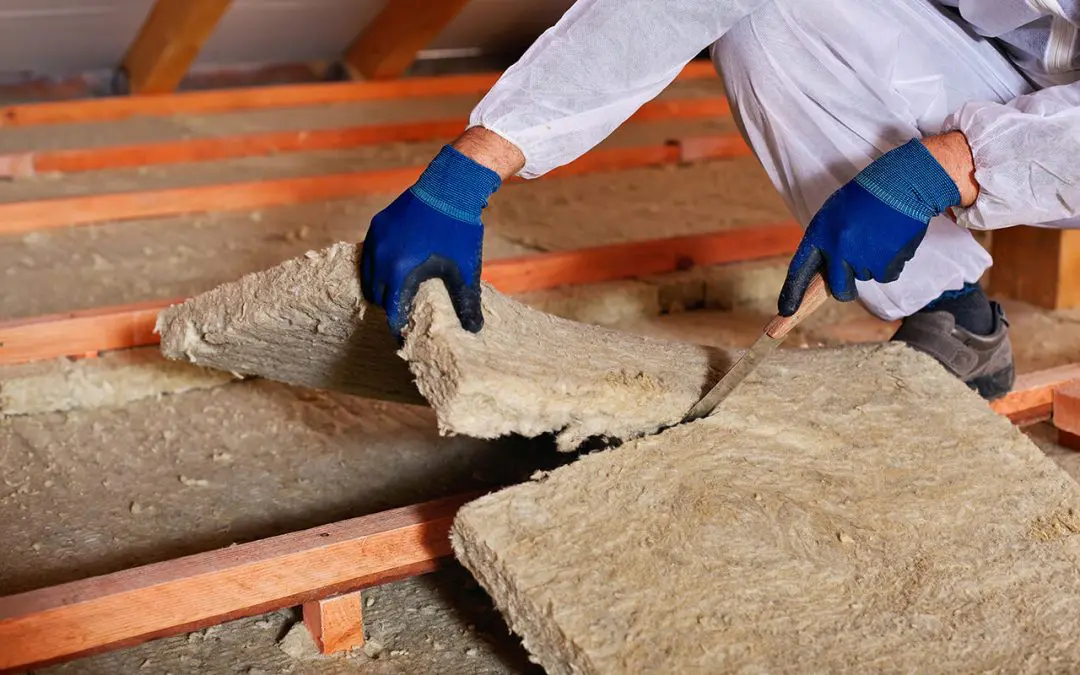If your goal is to save money, making your home more energy-efficient will lower your monthly utility bills. You’ll also be reducing your carbon footprint by using less electricity every day. Here are a few tips to help you boost energy efficiency around the house.
1. Seal the Windows
Check for air leaks around windows. Use a lit candle or stick of incense and move it around the window frame. If the flame jumps or the smoke shifts, this indicates airflow. Drafty windows can be improved with weatherstripping. Seal cracks or gaps with silicone caulk. These are inexpensive but efficient ways to lower energy costs.
2. Replace Incandescent Bulbs
When a light bulb burns out, replace the incandescent bulbs with halogen bulbs, LEDs (light-emitting diode), or CFLs (compact fluorescent lamps). These are more energy-efficient and offer longer-lasting light. Because there is an average of 40 light bulbs in a home, switching to more energy-efficient options will help you save money each month.
3. Add Insulation to the Attic to Make Your Home More Energy-Efficient
Installing additional insulation in the attic will reduce the heating and cooling costs of the home. Over time, insulation can shift or be damaged by pests, making it less effective. Fiberglass batt insulation is easy to install yourself. Make sure to wear protective equipment to keep fiberglass away from your skin, eyes, and lungs.
4. Install Solar Panels
Adding solar panels is one of the best things you can do to save money on power bills. Besides obvious benefits like heating water and generating electricity for homes, solar power promotes less dependence on fossil fuels. Depending on the amount of sun your property receives, you can lower or even eliminate your monthly electric bill.
5. Make Your Home More Energy-Efficient with Smart Use of Space Heaters
Although gas and electric space heaters provide warmth in winter, they are not the most effective way to heat your home. Space heaters use a lot of electricity making them costly to operate. Use space heaters only when you need to quickly warm a room and keep the door closed during use. Turn them off when you leave the room and never leave them on when you’re away from home or overnight.
6. HVAC Maintenance Helps Make Your Home More Energy-Efficient
Hire a technician to perform an annual tune-up of your home’s heating and cooling system. This will ensure the system is functioning efficiently and will help prevent breakdowns of the AC or furnace during the hottest or coldest parts of the year.
7. Shop for Energy Star Certified Products
When it’s time to replace a major appliance, shop for a product that is Energy Star certified. This means it meets the energy requirements of the EPA and the US Department of Energy. These appliances use 10 to 50 percent less energy than non-certified counterparts. You can find Energy Star certified refrigerators, dehumidifiers, washing machines, dishwashers, and even computers.
8. Unplug Unused Appliances
Electronic devices and household appliances use energy simply by being plugged into the wall. The average phone charger consumes 2.24 watts when connected to the phone and 0.26 watts when not in use. A single charger won’t make much impact. However, if you leave your appliances and electronics plugged in all the time, you are consuming energy unnecessarily and increasing your power bill.
Robertson Home Inspection provides inspection services to customers in the Piedmont Triad in North Carolina. Contact us to schedule an appointment.

